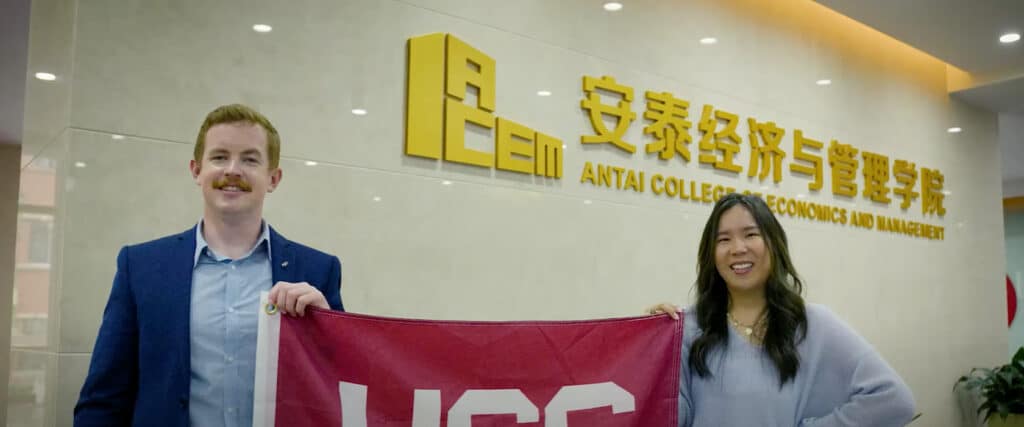How to get into sustainable finance
While sustainable finance might not have a standard career path, that’s exactly what makes it a thrilling journey of discovery. A specialized master’s degree like EDHEC’s MSc in Climate Change & Sustainable Finance, delivered in partnership with Mines Paris – PSL, a renowned engineering school, is a good place to start.








